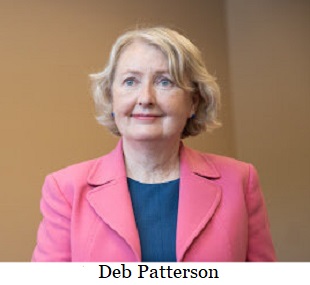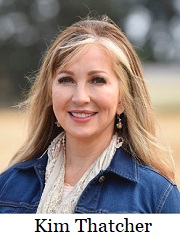





| Benton County Republicans’ Private Fundraising Event, “Bent-on Boots and Bling” with Trey Taylor |
| Friday, September 5, 2025 at 5:00 pm |
| Featuring Trey Taylor Music Private Event Friday, September 5, 2025 5:00-5:30 pm VIP Reception 5:30-8:00 pm Heavy Appetizers, Auction, Concert Red: $750 VIP Reception Front Row Table Sponsor White: $500 Table Sponsor Blue: $50 per person Limited Seating. Get Yours Now!!! Support Local Dress up: Bling, Cowboy, Patriotic Benton County Republican FUNDRAISER www.BentonGOP.org Get your tickets today at: https://www.bentongop.org/event-details/benton-county-republicans-fundraiser/form About Trey: Trey is the youngest African American Man in Country Music History. The Denver Post wrote "It's impossible to miss his enthusiasm. With a fondness for cowboy boots, gaudy colors and dazzling jewelry, Trey Taylor could stand toe to toe with any of the Pop, Country or even Rap contemporaries of his generation.“ |
| Trysting Tree Golf Club, 34028 NE Electric Rd., Corvallis |

"In retail sales, it is a common practice to charge more for items targeted at women than items targeted at men. Such gender-specific pricing is commonly referred to as the “Pink Tax.†We see It in items such as personal care products such as shampoo or razors and in services such as dry cleaning -- a woman’s cotton blouse costs more to dry clean than a man’s cotton shirt."
Patterson ignores the fact that in a free-market economy, anyone can set any price they want, and if there really were an arbitrary reason for charging more for personal care products or dry cleaning, some crafty entrepreneur would by now have cut the price on these items and cornered the market. Price injustice almost only occurs under monopolies, during natural disasters and under the reign of government price fixing. Patterson concludes her testimony:Finally, I would like to remind the Health Committee that a gender pay gap exists, as well, with white women making on average 79 cents for every dollar a white man makes. For women of color, the disparity is greater, dropping to 62 cents for black women and 54 cents for Hispanic women. We must work to close these gaps, and to address inequities where they exist across our economy. Exploring whether there is gender inequity in pharmaceutical costs, which have risen by 33% in the last seven years, is another piece of that puzzle.
Senator Patterson seems at once very progressive, while at the same time a step behind the current left-leaning thought on gender, which is characterized at least by an utter inability to define a man or a woman.
As written, the bill is problematic in that we should be looking at pharmaceutical costs in aggregate, and not based on preconceived notions of what “female†drugs or “male†drugs are. In classifying drugs this way, without looking at the real reasons behind the costs of the drugs, we fail to consider that drugs aren’t used specific to gender, specific to men or specific to women. Drugs are used to treat medical ailments, or to promote positive health outcomes for those to whom they’ve been prescribed.
Her testimony continuedIf we start categorizing these types of hormone therapies as men’s and women’s drugs, we are missing the point that the goal should be to treat patients where they’re at with their health, with their medical conditions, and not try to segment their conditions perceived on “this†being for a man or “that†being for a woman.
Senator Thatcher concluded her testimony, by scolding the legislature for it's treatment of the gender issue in general.This bill is well-intended but because of bills this body has chosen to pass, the terms “men†and “women,†are no longer relevant in Oregon law. It’s a little confusing this body would choose to use these terms now, regardless of past policy precedent.
It gets hard to create law and policy on the subject of gender when there no longer is gender.| Post Date: 2021-05-18 12:05:58 | Last Update: 2021-05-17 18:21:02 |